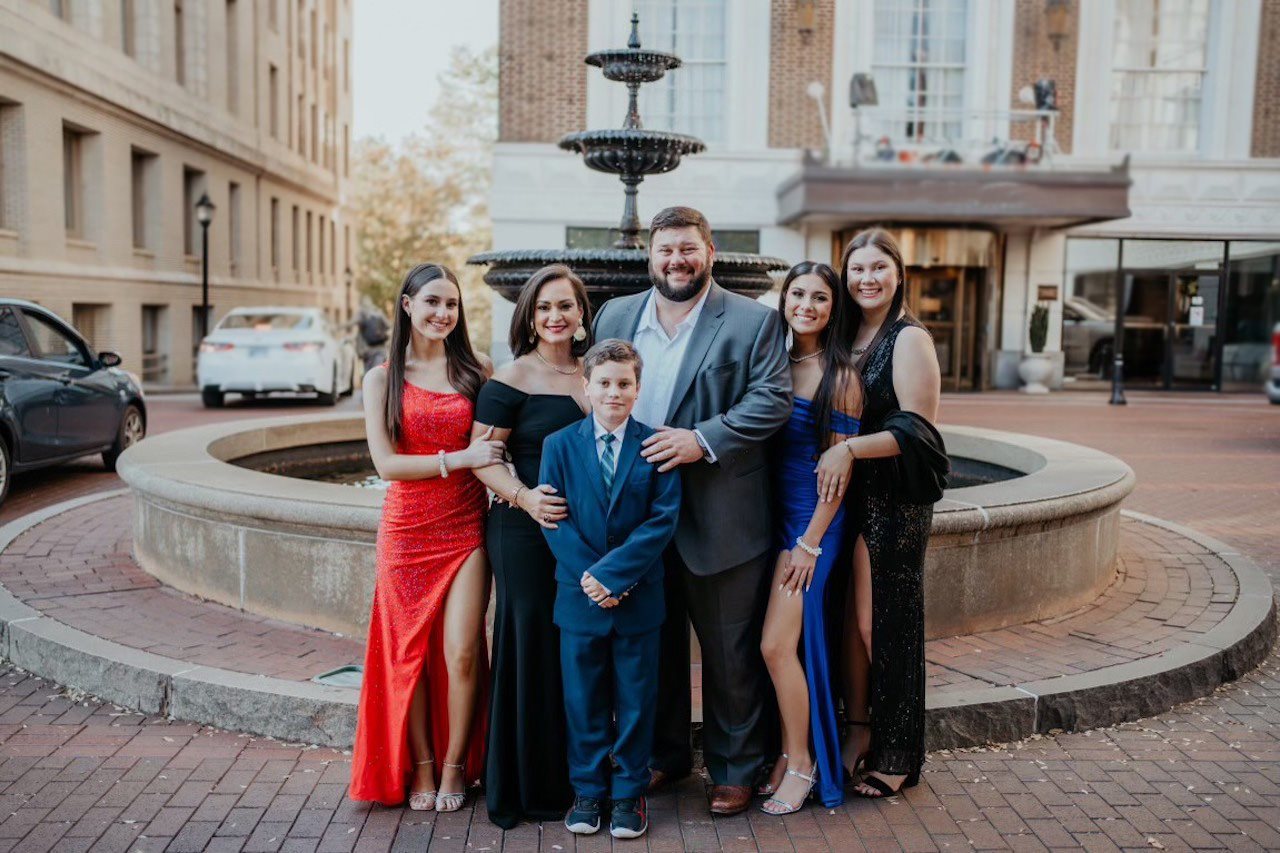(BPT) - The facts around colon cancer, also known as colorectal cancer, are too staggering to ignore. It is the second leading cause of cancer-related death in the United States.1
Yet despite recommendations, less than half (49%) of eligible Hispanic adults - there are currently over 17 million Hispanic people in the U.S. over the age of 45 - undergo recommended screening.2,3 Barriers to screening include language and cultural differences as well as lack of access, but the biggest reason may be that people don't realize that colon cancer screening should start at age 45.
To help increase awareness around colon cancer screening, Exact Sciences has launched its first-ever Spanish-language campaign tailored to the Hispanic community timed to Hispanic Heritage Month. The campaign, which will appear on television, radio and social media, includes important information about the Cologuard® test - a non-invasive, effective and affordable at-home colon cancer screening test.
Early detection of colon cancer before a person has symptoms arise can significantly improve treatment options and survival rates.4 The American Cancer Society recommends that anyone at average risk and aged 45+ get screened.4 When found at an early stage, the 5-year relative survival rate is close to 90%. However, if the cancer is not caught before it spreads to distant parts of the body, that survival rate drops to around 14%.5
'Education and early screening are vital in catching this disease early and improving outcomes,' said Veronica Descotte, Chief Strategy Officer at Exact Sciences. 'Our goal is to ensure that everyone, particularly in the Hispanic community, has access to the information and resources they need.'
One Patient's Story
Colon cancer survivor and advocate, Marielle, noticed troubling health symptoms back in 2017. It started with blood in her stool, then stomach pain, and, eventually, sudden weight loss of 20 pounds in just a few weeks. Despite her concerns, the medical advice she received didn't lead to answers. It wasn't until she pushed her doctor for further testing that the 36-year-old Latina discovered she had colon cancer.
'I think many people in my community would be surprised to know that colon cancer can be fully cured in early stages and even prevented through the removal of growths called polyps,' said Marielle, Director of Programs & Advocacy at a national peer support organization. 'The reality is that it's not always possible to take time off from work to get into the doctor's office. Having convenient and non-invasive options for testing that can be done in the privacy of your own home is a game changer.'

A Call to Action
As we look to the future, the efforts of organizations like Exact Sciences and advocates like Marielle aim to create a world where colon cancer is detected earlier, treated more effectively, and ultimately prevented.
If you're 45 or older, talk to your doctor about available colon cancer screening options that are right for you. Learn more by visiting www.cologuard.com.
The Cologuard test is intended to screen adults 45 years of age and older who are at average risk for colorectal cancer by detecting certain DNA markers and blood in the stool. Do not use if you have had adenomas, have inflammatory bowel disease and certain hereditary syndromes, or a personal or family history of colorectal cancer. A Cologuard test is not a replacement for colonoscopy in high-risk patients. Cologuard test performance in adults ages 45-49 is estimated based on a large clinical study of patients 50 and older.
The Cologuard test result should be interpreted with caution. A positive test result does not confirm the presence of cancer. Patients with a positive test result should be referred for colonoscopy. A negative test result does not confirm the absence of cancer. Patients with a negative test result should discuss with their doctor when they need to be tested again. False positives and false negative results can occur. In a clinical study, 13% of people without cancer received a positive result (false positive) and 8% of people with cancer received a negative result (false negative). Rx only.
Top photo courtesy Exact Sciences
REFERENCES
- National Cancer Institute. Cancer Stat Facts: Common Cancer Sites. 2024.
- American Cancer Society. Cancer Facts & Figures for Hispanic/Latino People 2021-2023. 2021.
- U.S. Census. Annual Estimates of the Resident Population by Sex, Age, Race, and Hispanic Origin of the United States: April 1, 2020 to July 1, 2023. 2020.
- American Cancer Society. Colorectal cancer screening for average-risk adults: 2018 guideline update from the American Cancer Society. 2018.
- Colon Cancer Coalition. Get the Facts About Colon Cancer. 2024.














